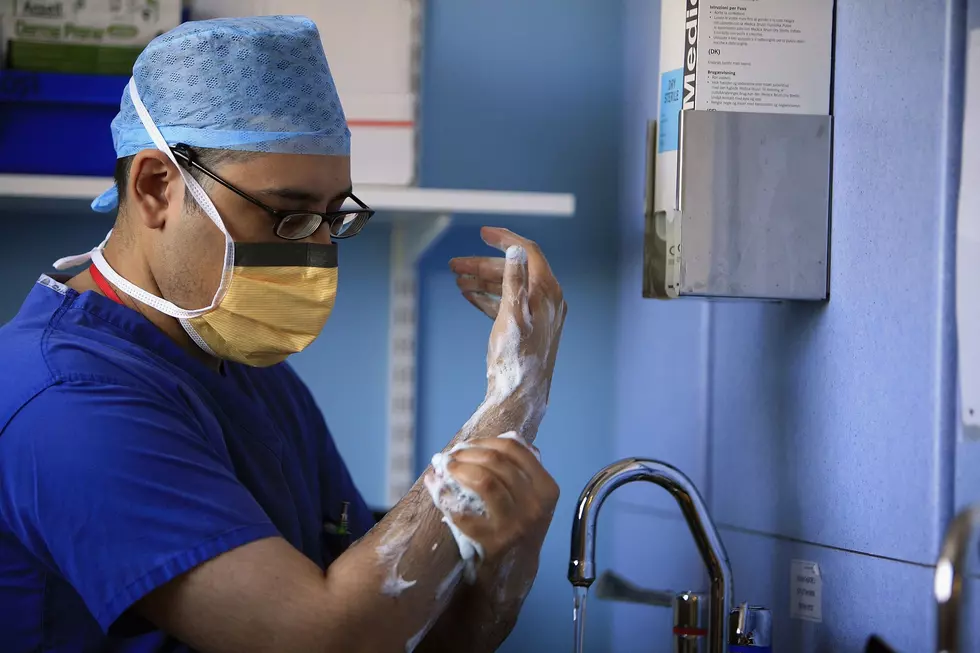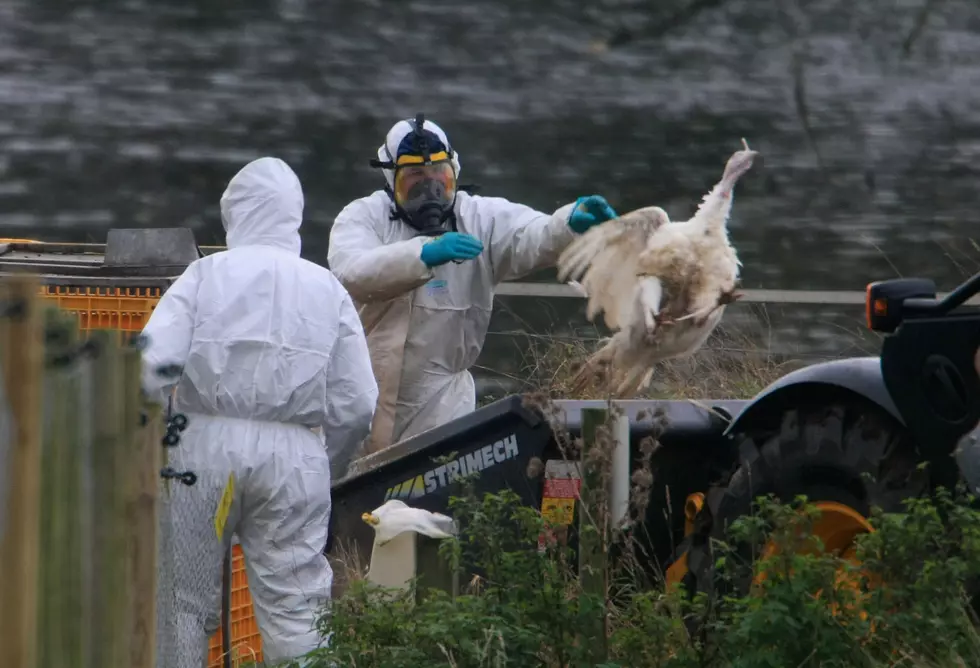
CDC Tracking “Dangerous” Bacterial Infection Spreading in New York
A highly-invasive and potentially deadly strain of bacterial meningitis is surging in parts of New York State. Here's what you need to know.
Seasonal allergies are here, with people complaining of congestion, sore throats, headaches and more as more pollen is released in the air. Paired with rising flu, RSV, COVID, and norovirus cases across the Empire State, this is causing concern for health experts.
A severe infection caused by a highly-invasive bacteria is sickening people across New York and its symptoms tend to match those dealing with allergies or commonly-spread viruses.
This infection, if left untreated, can result in serious health complications and even death.
CDC Raises Warning of Invasive Neisseria Meningitidis
The New York State Department of Health is tracking the spread of the "Neisseria meningitidis" bacteria. This virulent strain is highly invasive and can lead to death if left untreated.
Neisseria meningitidis causes meningococcal disease as well as a serious blood infection called meningococcal septicemia. This bacteria is also capable of causing meningococcal meningitis once it infects the linings of the brain and spinal cord.
If this sounds alarming, that's because it is. This bacteria is known to strike quickly and cause serious health complications or even death within days.
Read More: Potentially Deadly Virus Spreading Deeper into New York State
The NYC Health Department and federal health officials have reported at least 11 cases across the 5 boroughs of New York City so far this year. Of these 11 cases, one resulted in a fatality. Reports say the majority of these cases affected minorities between the ages of 30 and 65.
Cases in NYC have risen each year and this latest spread is prompting alerts to beware of "invasive meningococcal disease."
Cases across the United States have surged and have now exceeded pre-pandemic levels. The U.S. recorded 422 confirmed and probable meningococcal disease cases last year, which was the largest number since 2014.
According to the CDC, the states of Colorado and Virginia are currently grappling with an official outbreak.
Signs of Potential Bacterial Infection
According to the DOH, infected individuals experience symptoms that mirror other virus-borne illnesses like the flu; such as headache, fever, muscle aches, and nausea within 3 to 4 days of infection.
With increased cases of RSV, flu, COVID, and norovirus spreading across New York, health officials are urging doctors and residents to keep track of their symptoms to prevent misdiagnosis.
If left untreated, infected individuals infected can develop more serious side effects like photophobia, which is a heightened sensitivity to light, as well as confusion, loss of consciousness, and a rash that can be dark purple in color.
Some permanent health complications caused by the virus include hearing loss, limb amputations, and damage to the brain, nervous system, and kidneys.
"Most people need to be cared for in a hospital due to the serious, life-threatening nature of this infection," the DOH said.
Vaccines Are the Best Defense
Neisseria meningitidis spreads through close and prolonged contact, such as coughing, kissing, sharing drinks, and living together. It's estimated up to 1 in every 10 people can unknowingly carry this bacteria in their nose or throat without getting sick.
There is a vaccine that protects against the Neisseria meningitidis bacteria. The CDC lists three different vaccines that are available within the U.S. and outlines when they should be administered.
It's recommended children between the ages of 11 and 12-years-old obtain a dose of the Meningococcal conjugate (MenACWY) vaccine, then follow up with a booster dose at age 16.
Read More: Norovirus Cases Slamming Northeast, Especially in New York
Those who didn't obtain that vaccine can ask their doctor about the MenACWY or the Serogroup B meningococcal (MenB) vaccine.
Those at increased risk of bacterial infection should seriously consider vaccination, as it combats the five major bacteria strains that cause meningococcal disease.
Those at higher risk of contracting meningococcal disease include teens and young adults, infants under the age of 1. Other vulnerable groups include those with compromised immune systems, living in crowded areas like military barracks or college dorms, recovering from an upper respiratory virus, smoke, or with a damaged or no spleen.
Because of this, New York State mandates students attending college, boarding school, or spending at least 10-nights at camp disclose their meningococcal vaccine status.

These COVID Symptoms May Lead to Hospitalizations in New York
Norovirus Symptoms New Yorkers Need To Beware Of
Gallery Credit: Chris Cardenas
8 Uncommon Symptoms You May Not Realize Are Caused By Allergies
Gallery Credit: Boris
More From WIBX 950









